Also stripped out are tax hikes on corporations and wealthy Americans to pay for the package.The deal currently under discussion is far smaller than the slimmed-down $1.75 trillion version the House passed in October. But Manchin, whose vote is crucial to pushing any legislation through the Senate via the reconciliation process, torpedoed the House bill in December.Since then, Democratic leaders have been negotiating with Manchin to see what he’d be willing to support. The senator has repeatedly voiced concerns about the legislation’s potential impact on inflation, which has skyrocketed over the past year. Manchin has indicated he would be open to the drug price and Obamacare subsidy measures, which suggests that’s all Democrats are likely to get in a package that could pass Congress this year.Here’s what could be in the deal now:Senate leaders have already crafted legislation for the drug price provisions and sent it to the parliamentarian, whose blessing is needed for a bill to proceed via reconciliation, which only requires a simple majority of senators to pass. She has not yet announced her decision.The Congressional Budget Office has also scored the drug price measures, saying it would reduce the federal deficit by $288 billion over a decade.Medicare drug price negotiation: The bill would empower Medicare to negotiate prices of certain costly medications administered in doctors’ offices or purchased at the pharmacy. The Health and Human Services secretary would negotiate the prices of 10 drugs in 2026, and another 15 drugs in 2027 and again in 2028. The number would rise to 20 drugs a year for 2029 and beyond.This controversial provision is far more limited than the one House Democratic leaders have backed in the past. But it would open the door to fulfilling a longstanding party goal of allowing Medicare to use its heft to lower drug costs.Inflation cap: The legislation would also impose penalties on drug companies if they increase their prices faster than inflation. Limit on Medicare out-of-pocket drug costs: The bill would redesign Medicare’s Part D drug plans so that seniors and people with disabilities wouldn’t pay more than $2,000 a year for medications bought at the pharmacy. Insurers and drugmakers would have to pick up more of the tab.Free vaccines for seniors: Medicare enrollees would be able to get all vaccines at no cost. Right now, only certain vaccines, such as those for Covid-19, the flu and pneumonia, are free.Affordable Care Act subsidies: Democrats are also looking at extending the enhanced federal premium subsidies for Obamacare coverage through 2025. The subsidies were expanded through this year as part of Democrats’ $1.9 trillion coronavirus relief package, known as the American Rescue Plan, which was enacted in March 2021. They have made health care coverage on the Obamacare exchanges more affordable, leading to record enrollment this year. Enrollees pay no more than 8.5% of their income toward coverage, down from nearly 10%. And lower-income policyholders receive subsidies that eliminate their premiums completely.Also, those earning more than 400% of the federal poverty level have become eligible for help for the first time.If the enhanced federal assistance is allowed to expire at the end of the year, nearly all of the 13 million subsidized enrollees will see their premiums rise for 2023, according to the Kaiser Family Foundation. More than 3 million people could become uninsured, an Urban Institute analysis found.Democrats are hoping to avoid the negative publicity of such premium increases. If Congress doesn’t act, consumers would learn in the fall just how much more they could have to pay. Open enrollment begins on November 1, a week ahead of Election Day.A version of this provision to extend the Obamacare subsidies that was included in the House bill last year would have cost $74 billion, according to the CBO.Here’s what would likely be left out:Tax provisions: The House bill included a mix of tax increases on corporations and wealthy individuals to help pay for the new spending. These included a 5% surcharge on individual income above $10 million and an additional 3% levy on income above $25 million. It also included a 15% minimum tax on corporate profits that certain large companies report to shareholders but not to the Internal Revenue Service.Under the House version, most middle-income families with children would have received a tax cut in 2022 — thanks to an expanded child tax credit — and those without kids would have generally seen little change in their tax bills, according to an analysis by the Tax Policy Center. Overall, nearly 40% of households would have seen a tax cut and nearly 19% would have paid more in taxes for 2022 than they do now, according to the analysis.Extending Medicare solvency: Senate Democrats said last week they had finalized a deal to extend the solvency of Medicare by a few years by closing a tax loophole. The proposal would have ensured that owners of certain “pass-through” businesses, who include business income on their personal tax returns, would pay the 3.8% net investment income tax. It would have applied to individuals who earn more than $400,000 annually and to joint filers who earn more than $500,000.But that agreement was also scuttled this week by Manchin. Medicare’s hospital insurance trust fund will only be able to pay scheduled benefits until 2028, according to the most recent analysis by the program’s trustees.Cheaper insulin: The House bill would also have capped what Americans pay for insulin at $35 a month. That measure has been removed, though a separate bipartisan effort to set a limit on insulin prices is still being negotiated in the Senate.Climate change: The House bill would have delivered nearly $570 billion in tax credits and investments aimed at combating climate change. It would have offered tax credits to families that install solar rooftops or buy electric vehicles, for example. The investments were aimed at providing incentives to grow domestic supply chains in solar and wind industries. The legislation also called for creating 300,000 jobs by establishing a Civilian Climate Corps that would work to conserve public lands and bolster community resiliency.Universal pre-K and lower child care costs: The House bill would have provided free pre-K for 3- and 4-year-olds, expanding access to 6 million children a year. It would have also limited child care costs for families with children younger than age 6 to no more than 7% of income for those earning up to 250% of the state median income, expanding access to about 20 million children. Funding for these programs would have lasted for six years, costing an estimated $381.5 billion, according to the CBO. Paid family and sick leave: President Joe Biden also called for a federally funded paid family and sick leave program for the millions of Americans who don’t already receive the benefit from their employer. The House bill included four weeks of paid family and sick leave, which would have cost $205.5 billion, according to the CBO.Enhanced child tax credit: The beefed-up child tax credit — which provided $300 a month for each child under age 6 and $250 a month for each one ages 6 through 17 — would have been extended through 2022 for more than 35 million families under the House bill.The previous enhancement, which was part of the coronavirus relief package, was only in place for 2021.Heads of households earning up to $112,500 a year and joint filers making up to $150,000 annually would have qualified for the full enhanced credit. But, unlike in 2021, only these families would have received the funds in monthly installments this year. Eligible parents with higher incomes would have had to claim the credit on their tax return next year.The credit would have been made permanently refundable so the lowest income families would continue to qualify. This credit, along with the earned income tax credit, would have cost about $203 billion, according to the CBO.Earned income tax credit: The expanded earned income tax credit, which was also part of the coronavirus relief package, would have been extended through 2022 as well, helping 17 million low-wage childless workers. The House bill would have nearly tripled the maximum credit childless workers can receive, extended eligibility to more people, reduced the minimum age and eliminated the upper age limit. This credit, along with the enhanced child tax credit, would have cost about $203 billion, according to the CBO.Home health care: Biden’s original plan called for permanently improving Medicaid coverage for home care services for seniors and people with disabilities, with the goal of reducing the more than 800,000 people on state Medicaid waiting lists. The plan also aimed to improve the quality of caregiving jobs. The measure would have cost nearly $158 billion, according to the CBO. Affordable housing: The legislation would have funneled $25 billion into the construction, rehabilitation or purchase of affordable homes for low-income people and for the creation and preservation of affordable rental housing. It would have provided $65 billion to address the capital needs backlog of public housing and would have bolstered rental assistance for hundreds of thousands of families. The measure would have also invested in down payment assistance and in community-led redevelopment projects in under-resourced neighborhoods. And it would have provided $24 billion to fund housing vouchers and supportive services.The effort would have cost about $148.1 billion, according to the CBO.Lowering the cost of college: The House bill would have increased the maximum Pell grant by $550 for more than 5 million students enrolled in public and private nonprofit colleges and expanded access to undocumented students brought to the US as children, a group also known as Dreamers.It would have invested in historically Black colleges and universities and other institutions that serve underrepresented communities. And it would have increased funding for workforce development.These provisions would have cost a total of $39.8 billion, according to the CBO’s estimate.Biden initially also called for making tuition free for two years at community colleges, but that provision was dropped from the House bill.Children’s nutrition: The House bill would have expanded free school meals to nearly 9 million children during the school year and provided the parents of 29 million kids a monthly $65 per child benefit to purchase food during the summer.Congress recently passed a measure extending pandemic school meal waivers. Medicaid coverage gap: Democrats had called for providing Affordable Care Act premium subsidies for low-income Americans in the 12 states that have not expanded Medicaid, which would have enabled them to buy Obamacare policies with no monthly premiums, through 2025. Doing so would have cost about $57 billion, the CBO estimated.And the bill would have required state Medicaid programs to provide 12 months of eligibility to women after they give birth. States currently must provide at least 60 days of coverage.Medicare hearing benefits: Hearing services would have been covered under Medicare, starting in 2023, under the bill that passed the House.Only 30% of seniors over age 70 who could benefit from hearing aids have ever used them, the White House said.This measure would have cost $36.7 billion, according to the CBO.Biden had initially also called for expanding Medicare to include vision and dental coverage. .
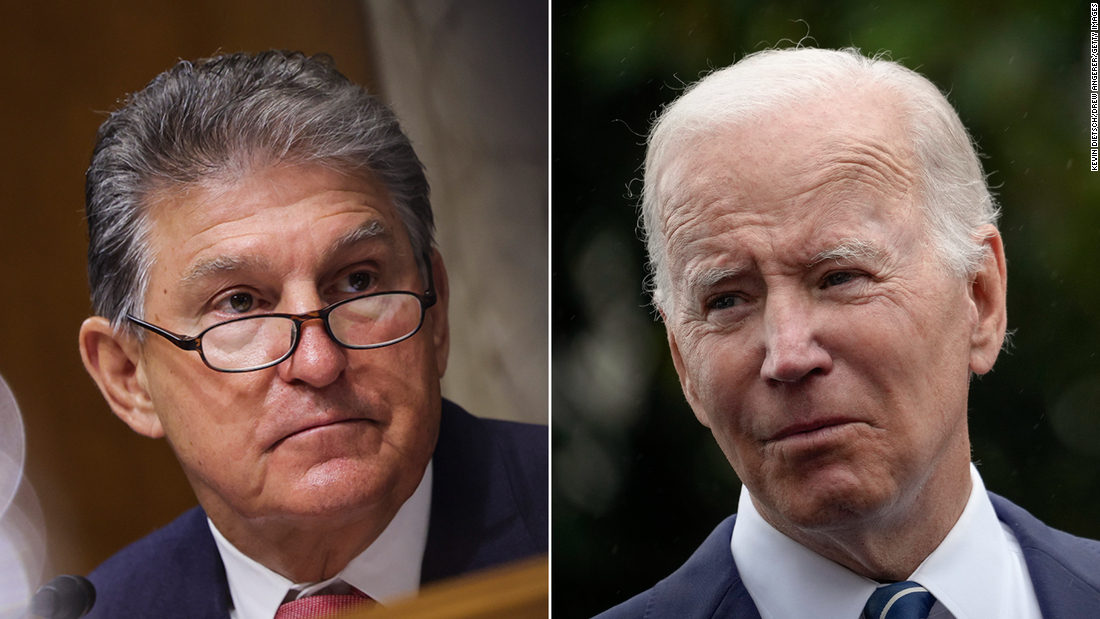


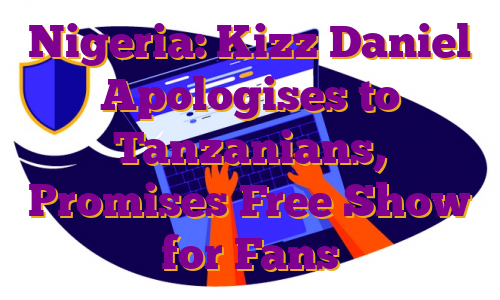

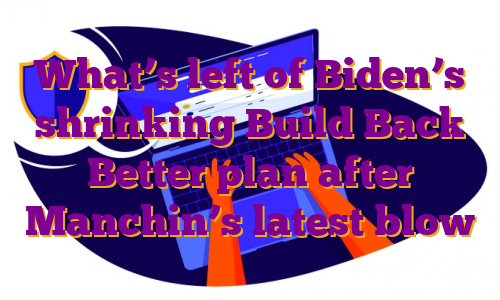

 Dear Reader,
Dear Reader,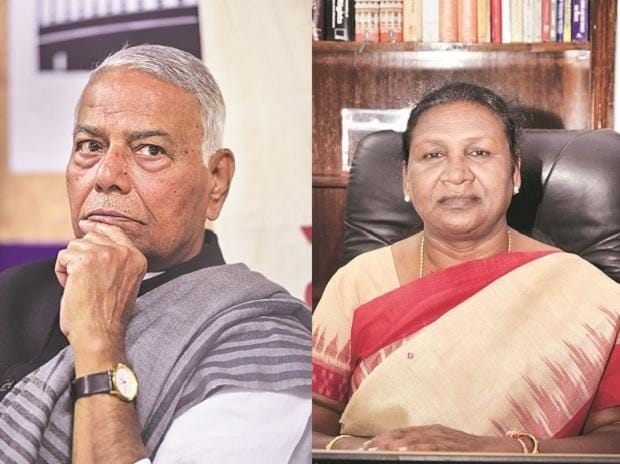

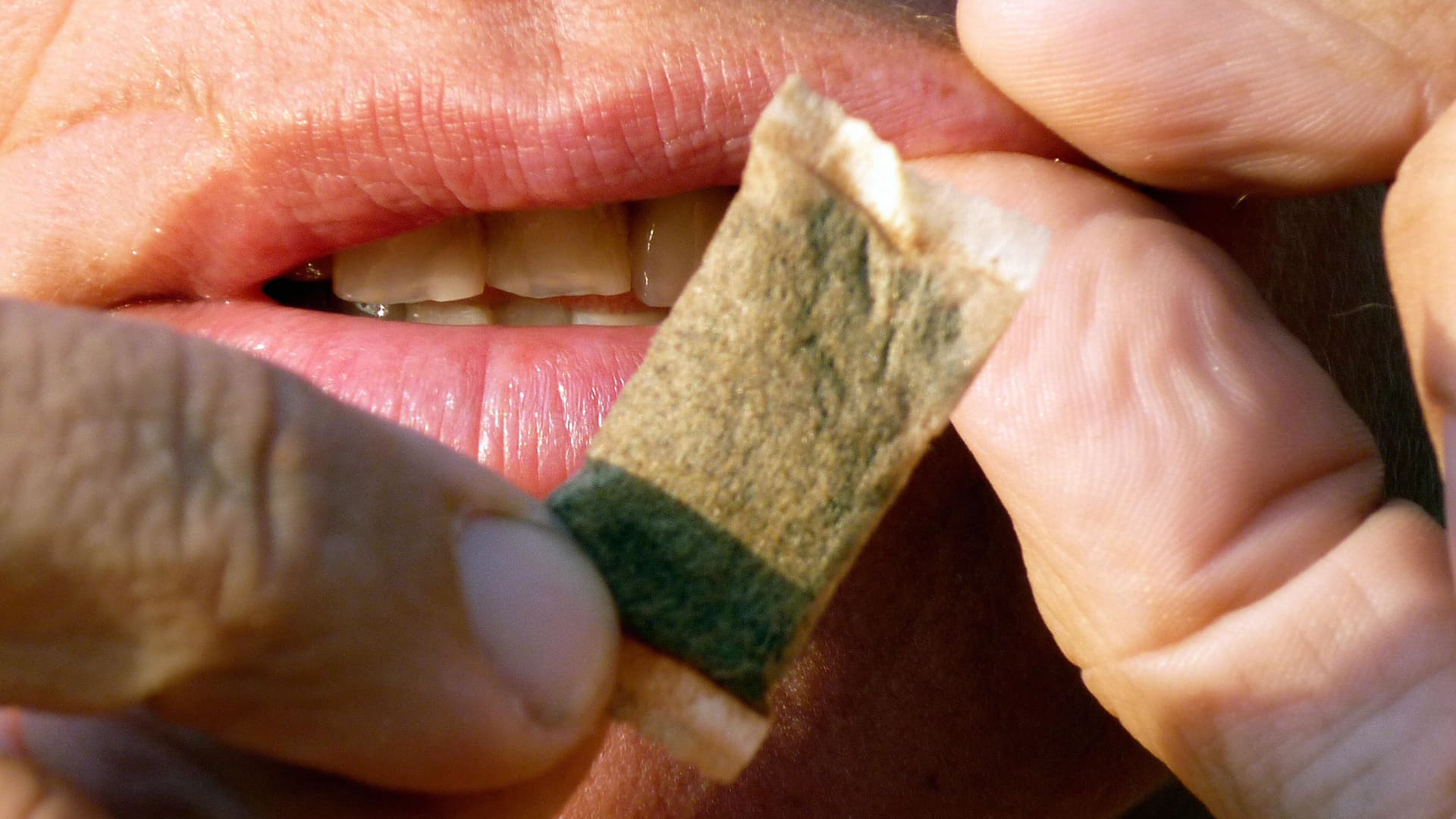

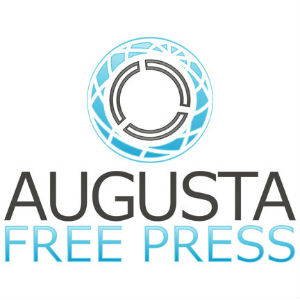 Published Friday, Apr. 29, 2022, 10:16 am
Published Friday, Apr. 29, 2022, 10:16 am</p>
<p>” data-medium-file=”https://i0.wp.com/augustafreepress.com/wp-content/uploads/2022/03/gas-prices.jpg?fit=300%2C200&ssl=1″ data-large-file=”https://i0.wp.com/augustafreepress.com/wp-content/uploads/2022/03/gas-prices.jpg?fit=150%2C100&ssl=1″ class=”size-full wp-image-258282 jetpack-lazy-image” src=”https://i0.wp.com/augustafreepress.com/wp-content/uploads/2022/03/gas-prices.jpg?resize=400%2C267&ssl=1″ alt=”gas prices” width=”400″ height=”267″ data-recalc-dims=”1″ data-lazy- data-lazy- data-lazy-src=”https://i0.wp.com/augustafreepress.com/wp-content/uploads/2022/03/gas-prices.jpg?resize=400%2C267&is-pending-load=1#038;ssl=1″ /><img data-attachment-id=)
